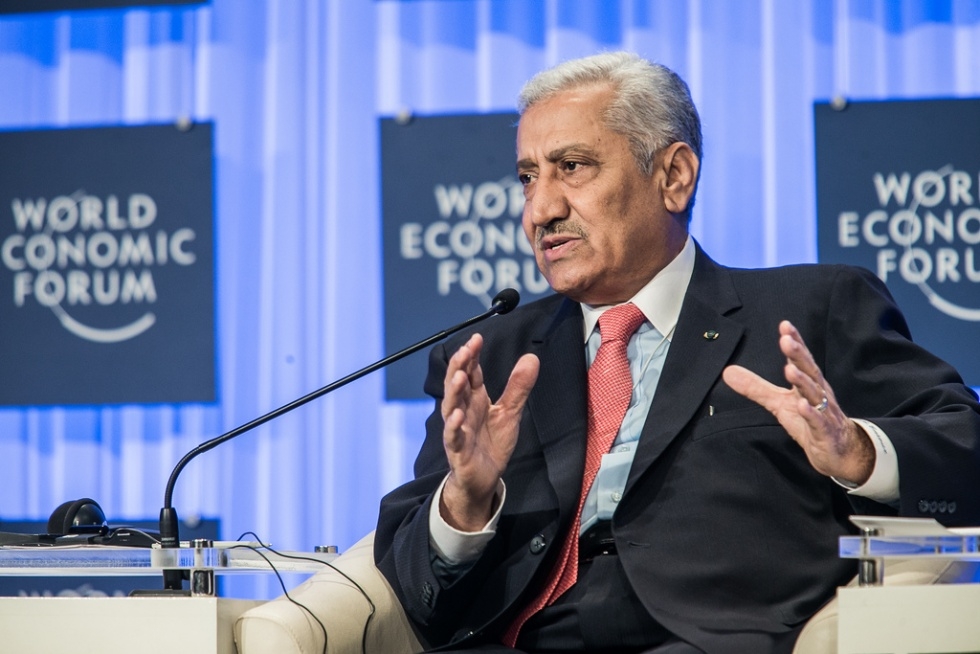Jordan PM slams country's Brotherhood for critizing Egypt's imam recruitment

The Jordanian Prime Minister Abdullah Ensour has criticised the Islamic Action Front for opposing a government decision to import Muslim preachers from Egypt.
The Prime Minister alleged that the protests of the Islamic Action Front, who are the Jordanian branch of the Muslim Brotherhood, are politically motivated and stem from opposition to the coup in Egypt.
“The Front would not have objected if the government had taken a similar decision when the Muslim Brotherhood was still in power in Egypt,” said Ensour.
Sheikh Hamza Mansour, Secretary-General of the Islamic Action Front, outlined the group’s concerns in a letter sent to the Prime Minister.
Jordan’s mosques are desperately in need of more trained preachers, claims the government, with 4675 currently available to service the country’s 5954 mosques.
New MEE newsletter: Jerusalem Dispatch
Sign up to get the latest insights and analysis on Israel-Palestine, alongside Turkey Unpacked and other MEE newsletters
The Front had argued that recruiting Egyptian preachers would be divisive and provoked the kind of unrest in Jordan that is currently taking place in Egypt.
Writing for Al-Arabiya, the Jordanian journalist and political commentator Raed Omari said the Front’s decision to condemn the government stemmed from its loyalty to the Egyptian Brotherhood. “Mansour and the IAF would never oppose and would definitely applaud Jordan hiring Egyptian clergymen for its mosques if the decision were sanctioned by Egypt’s ousted Islamist leader Mohammad Morsi.”
He also noted the polite and carefully-worded nature of the letter, highlighting possible fears that the Jordanian Muslim Brotherhood could find itself outlawed. “Such a move was highly expected from the Jordanian government,” he wrote, “with regard to its strategic alliances with Riyadh and Cairo, but has not been taken ‘yet’ probably due to the kingdom’s unique nature that the Islamists are unable to recognize.”
Imams threaten strikes
Last month it was reported that hundreds of imams were threatening to go on strike if the Jordanian government began recruiting from Egypt.
Dhiab Abu Seeni, a leading figure in the independent imams syndicate, told Anadolu Agency that there were already more than enough imams in Jordan to fit the country’s needs. “Jordan is full of imams who are qualified to do the job, and if all imams are employed and there are empty vacancies, only then there will be no problem to resort to other countries."
The syndicate was set to implement two nationwide strikes on March 31st and April 7th.
Abu Seeni said the planned strikes would be part of a larger campaign.
The March 31st strike went ahead, but the April 7th strike was called off to allow give the government more time to respond to their demands, according to a statement from the syndicate.
Middle East Eye delivers independent and unrivalled coverage and analysis of the Middle East, North Africa and beyond. To learn more about republishing this content and the associated fees, please fill out this form. More about MEE can be found here.




